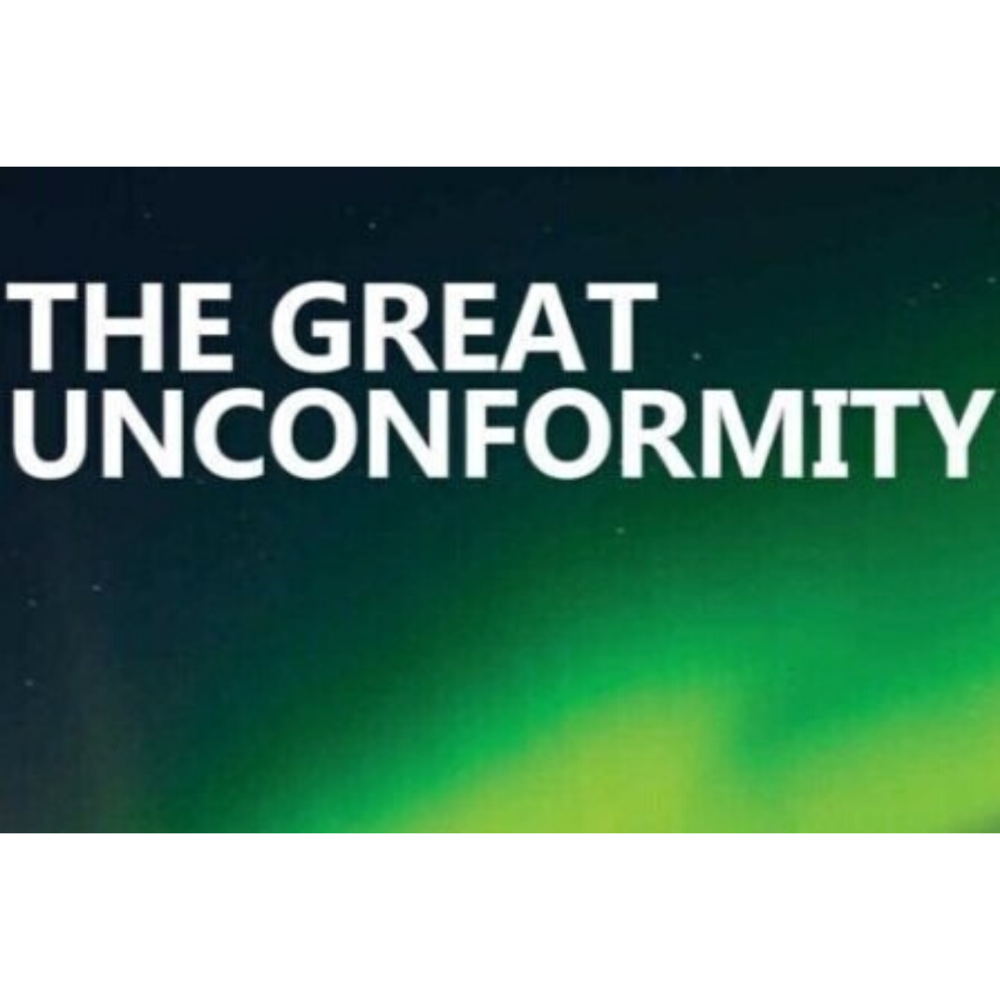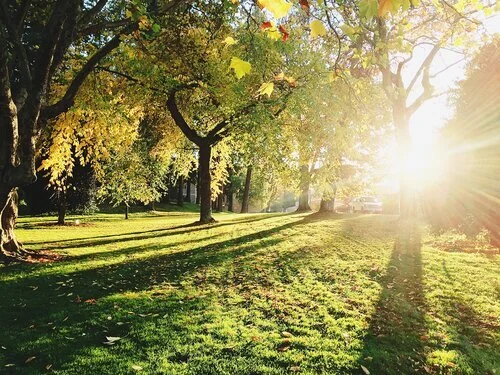THE ETHICAL AND ECOLOGICAL DYNAMICS OF INDIGENOUS RESILIENCE PLANNING
October 21st, 6:30-8:30pm, CUNY Graduate Center, Room C198 (Basement)
“RENEWING RELATIVES: INDIGENOUS RESILIENCE PLANNING”
-Kyle Pows Whyte, (Philosophy, Timnick Chair in the Humanities; Michigan State University)
INDIGENOUS ECOLOGICAL PATTERNS OF LANDSCAPE RESILIENCE IN THE NEW YORK CITY REGION: PAST, PRESENT AND FUTURE VISIONMAKING
-Eric Sanderson (Wildlife Conservation Society; www.visionmaker.us/nyc)
*Sponsored by the Earth and Environmental Sciences Department (CUNY GC), hosted by the Economic Democracy Project, and co-sponsored by the Science and Resilience Institute at Jamaica Bay (www.srijb.org) and Students for a Democratic Alternative (SODA/CUNY).
These two talks address the importance of indigenous perspectives in making rural and urban areas more ecologically sustainable and socially resilient. Kyle and Eric will discuss how current planning practices (from GIS to multistakeholder processes) can benefit from a long view of ecological history and the integration of contemporary indigenous knowledges and practices in the context of municipal, state, national and international planning for climate change that addresses economic inequality and the demands of democracy.
-contact: morphospace@gmail.com
ABSTRACT for “Renewing Relatives: Theories, Cases and Experiences of Indigenous Resilience Planning” by Kyle Pows Whyte:
Indigenous peoples have long standing planning practices that their communities relied on since time immemorial. The resurgence of these planning practices is a major way in which Indigenous peoples in North American and beyond are addressing a range of sustainability issues, from climate change adaptation to environmental justice. This presentation covers the background theories and ideas that inform Indigenous planning practices and some key cases. Dr. Whyte will draw on his own experiences working on Tribal climate change planning in the Great Lakes region as well as on U.S. climate policy issues that affect Tribes. A key part of the presentation will be the exploration of Indigenous concepts of resilience and their relationship to the planning efforts of Indigenous communities and nations.
BIO for KYLE POWS WHYTE
Kyle holds the Timnick Chair in the Humanities in the Department of Philosophy at Michigan State University. He is a faculty member of the Environmental Philosophy & Ethics graduate concentration and serves as a faculty affiliate of the American Indian Studies and Environmental Science & Policy programs. His primary research addresses moral and political issues concerning climate policy and Indigenous peoples and the ethics of cooperative relationships between Indigenous peoples and climate science organizations. He is an enrolled member of the Citizen Potawatomi Nation. His articles have appeared in journals such as Climatic Change, Sustainability Science, Environmental Justice, Hypatia, Ecological Processes, Synthese, Human Ecology, Journal of Global Ethics, American Journal of Bioethics, Journal of Agricultural & Environmental Ethics, Ethics, Policy & Environment, and Ethics & the Environment.
Kyle’s work has been funded by the National Science Foundation, Bureau of Indian Affairs, U.S. Fish and Wildlife Service, Northeast Climate Science Center, Great Lakes Integrated Sciences and Assessments Center, Mellon Foundation, Sustainable Michigan Endowed Program and Spencer Foundation. He serves on the U.S. Department of Interior’s Advisory Committee on Climate Change and Natural Resource Science and is involved in the Climate and Traditional Knowledges Workgroup, Michigan Environmental Justice Coalition, Everybody Eats: Cultivating Food Democracy, Humanities for the Environment, the Consortium for Socially Relevant Philosophy of/in Science and the American Philosophical Association Committee on the Status of Indigenous Philosophers.
ABSTRACT FOR: INDIGENOUS ECOLOGICAL PATTERNS OF LANDSCAPE RESILIENCE
IN THE NEW YORK CITY REGION: PAST, PRESENT AND FUTURE VISIONMAKING
When Henry Hudson arrived on September 12, 1609, the long narrow wooded island called Mannahatta represented an ecological development millions of years in the making and housed an indigenous people, the Lenape, who were only the latest in a human history that stretches back nearly 8000 years in the New York City region. The Mannahatta Project, on the historical landscape ecology of Manhattan, encouraged New Yorkers not only to take to heart the indigenous past, but to think forward about what the next 400 years might bring to the city. Over the last six years, two further projects have grown out of Mannahatta. The Welikia Project explores the historical ecology of the rest of New York City in the Bronx, Brooklyn, Queens and Staten Island; and Visionmaker.nyc gives all New Yorkers a free, web-based tool to develop and share visions of future sustainability and landscape resilience. Dr. Sanderson will describe the latest finding from the Welikia and Visionmaker projects and connect them to current efforts to protect, restore, and cherish the nature in New York City.
BIO for ERIC SANDERSON
Eric W. Sanderson is a Senior Conservation Ecologist at the Wildlife Conservation Society (WCS) and the author of two books: Mannahatta: A Natural History of New York City (Abrams, 2009) and Terra Nova: The New World After Oil, Cars, and Suburbs (Abrams, 2013). He also teaches periodically at Columbia University and New York University (NYU) and serves on the board of the Natural Areas Conservancy, a public/private organization committed to supporting New York’s 10,000 acres of wild lands, and the executive council of the Science and Resilience Institute at Jamaica Bay. Trained as an ecosystem and landscape ecologist, Sanderson is committed to helping cities understand their critical role in the conservation of nature, starting with his home in New York. WCS saves wildlife and wild places worldwide through science, conservation action, education, and inspiring people to value nature.












